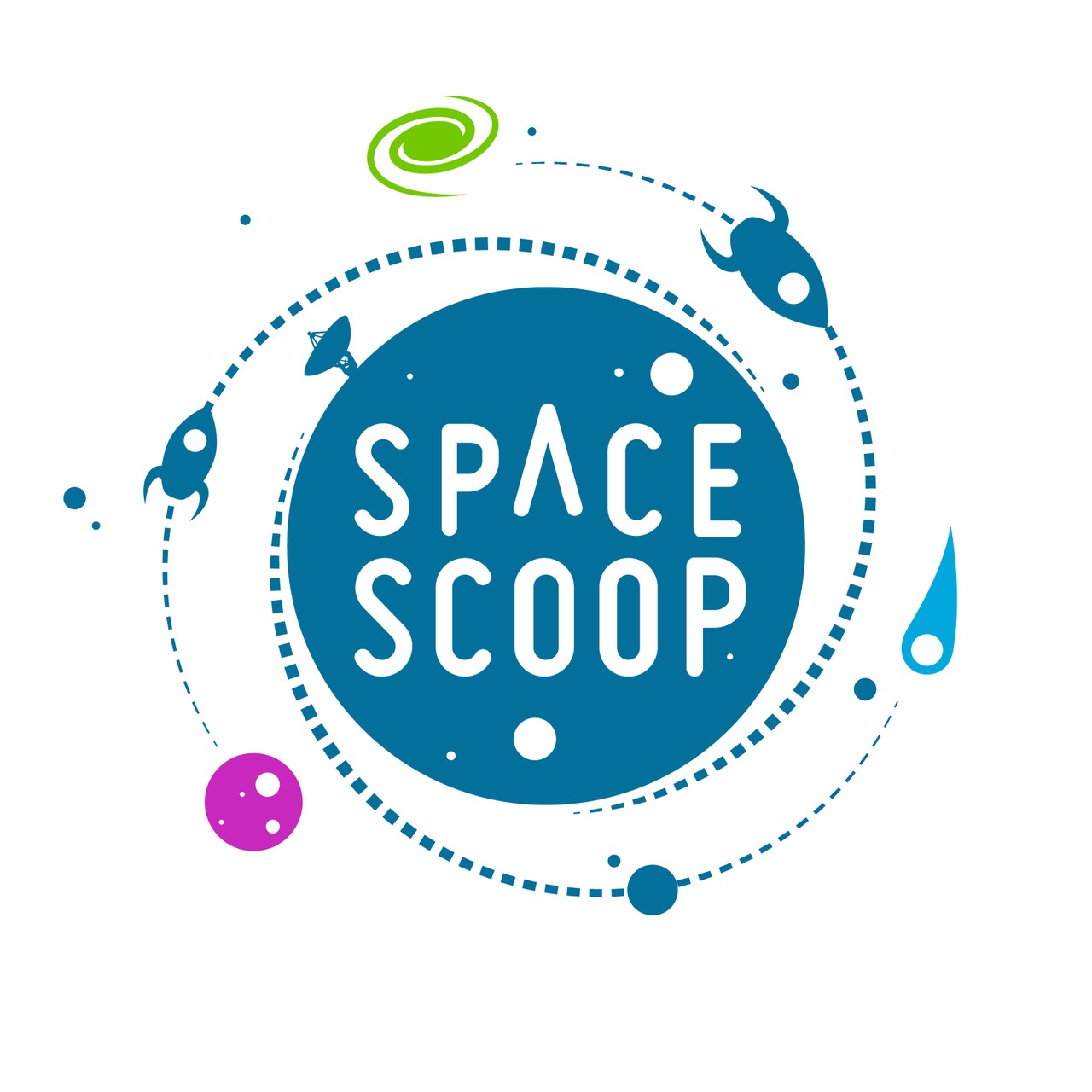From little Ingenuity to the future Firefly and all our Earth Science fliers, let’s look at the buzzy scientists. Soon there’ll be a helicopter flying on Titan, but there are many other flying robots that’ll be helping us with all our science needs


From little Ingenuity to the future Firefly and all our Earth Science fliers, let’s look at the buzzy scientists. Soon there’ll be a helicopter flying on Titan, but there are many other flying robots that’ll be helping us with all our science needs

The Sun is more than just a free heat lamp for your garden, it’s an incredible, dynamic nuclear reaction complete with flares, coronal mass ejections, twisting magnetic fields and the solar wind.

Did you know that almost all stars have a companion planet? It’s important to get to know the exoplanets and especially their atmospheres in a little more detail.

We take the Moon for granted, but its effect on the Earth is very important. But where did it come from? Did the Earth & Moon form together?


2024 was a strange year! But, for space & astronomy we had revolutionary, unsettling & downright weird stories pop up. Let’s talk about them.

It’s time for our Holiday Gift Guide, where we suggest ideas for presents for the space fans in your life! What books are we reading? What games are we playing and what telescopes are we admiring?


As astronomers discovered that we live in a great big universe, they considered a fundamental question: is the Universe the same everywhere?

Another day, another space telescope! Today we’re looking at the Einstein Probe, searching the cosmos for short, bright flashes of X-rays.